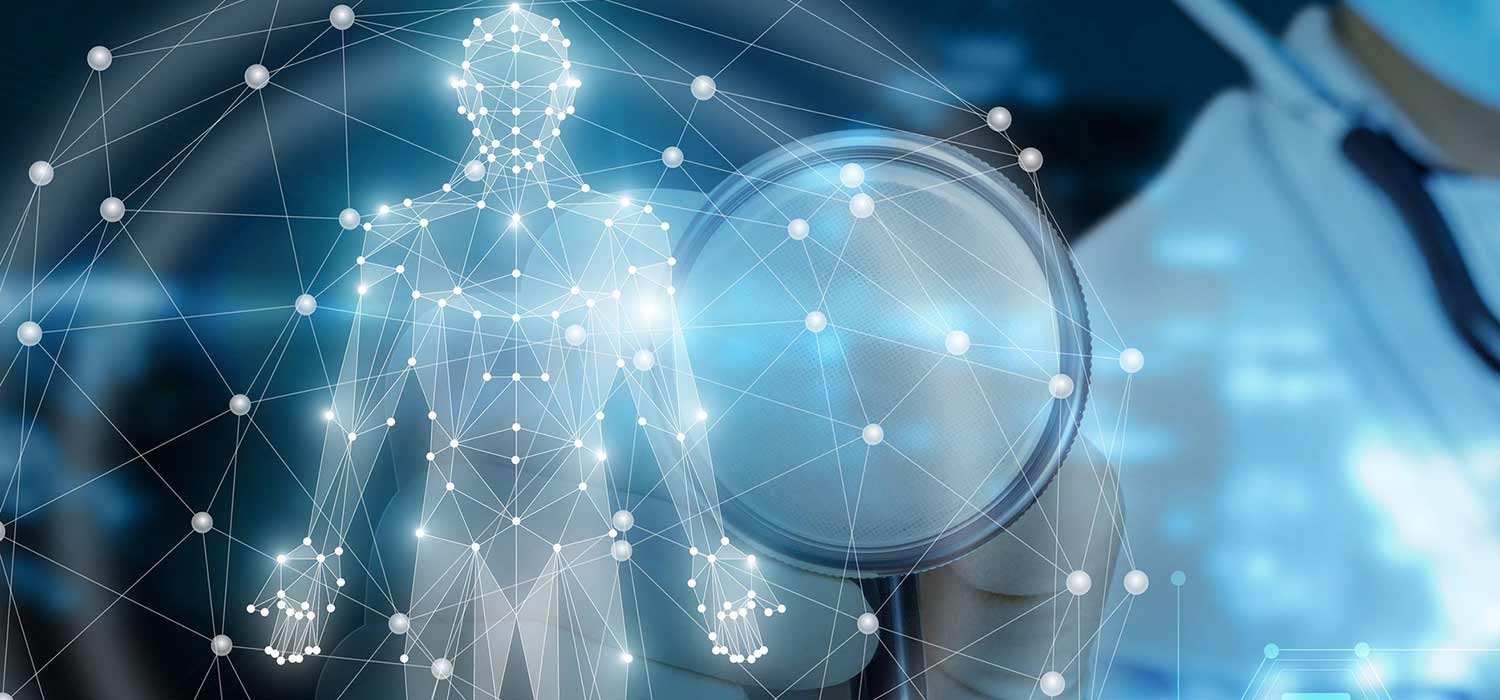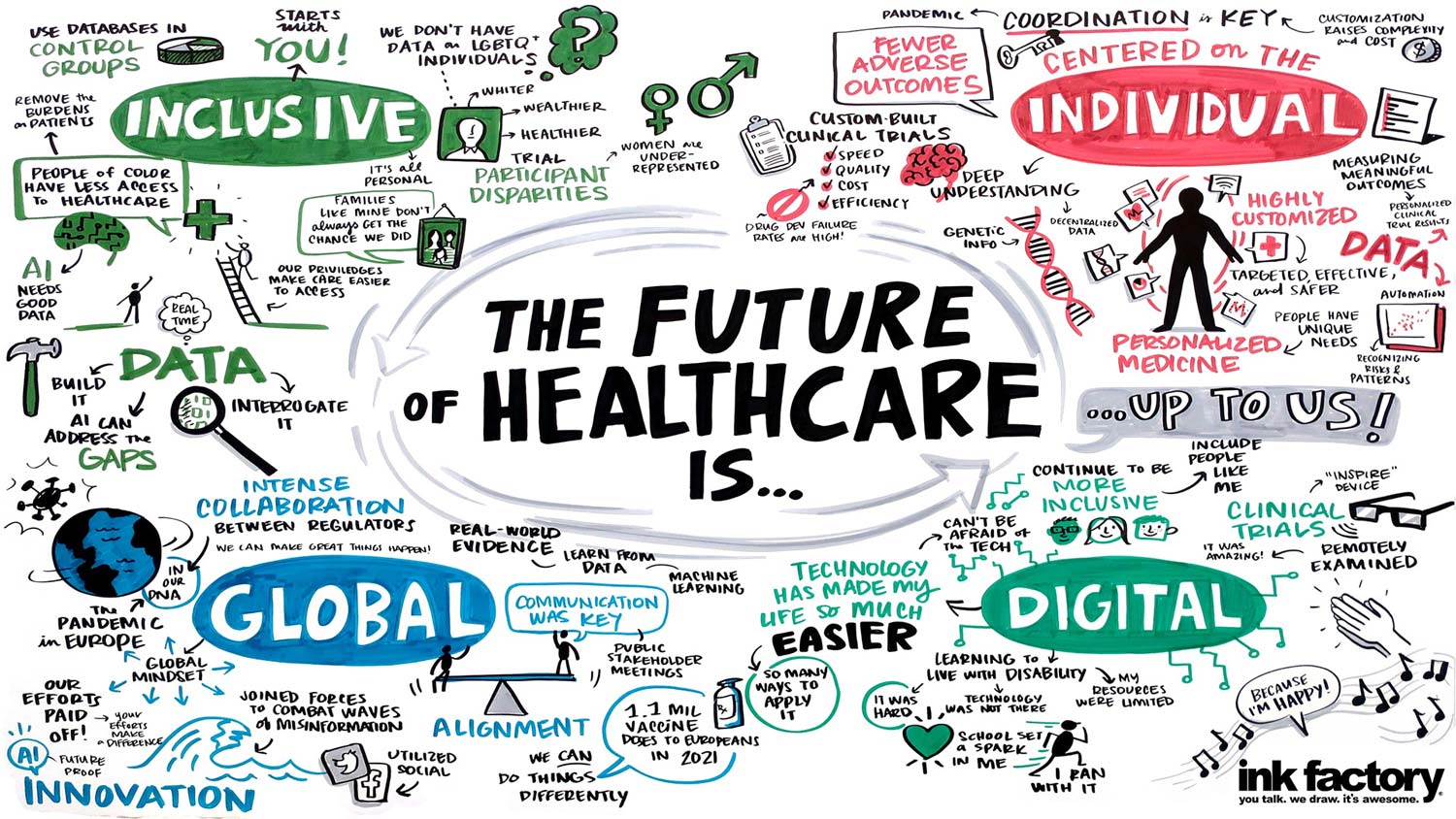
Unlocking the Future: The Rise of AI in Health Care
Amidst the rapid advancements in artificial intelligence (AI), the health care sector stands poised for a seismic shift, as AI technology continues to unveil transformative opportunities. This evolution encompasses a diverse range of applications, from predictive analytics to improved diagnostic methods, leading to enhanced patient outcomes and streamlined processes.
The Potential of AI in Diagnostics
Recent strides in AI research have led to innovative diagnostic tools that leverage machine learning algorithms to analyze complex medical data. By processing images and identifying patterns unseen by the human eye, AI not only aids in diagnosing conditions but also facilitates early detection, which is key to effective treatment. A study by prominent researchers supports the notion that AI systems can match or even surpass human specialists in specific diagnostic tasks.
“The integration of AI technology in diagnostics represents a profound shift in our approach to health care, fostering increased accuracy and efficiency.”
 AI technologies are revolutionizing diagnostics and patient care in health.
AI technologies are revolutionizing diagnostics and patient care in health.
The capabilities of AI extend beyond diagnostics. For instance, using large datasets, AI can identify those at risk of developing chronic diseases, thereby allowing timely intervention and personalized treatment plans. This predictive aspect not only optimizes patient care but also alleviates pressure on health care resources by focusing on preventive measures.
Transforming Patient Interaction
AI is also reshaping how patients interact with health services. Chatbots powered by AI are already helping with appointment scheduling, symptom checking, and triage, reducing the burden on medical staff. Such technology enhances patient satisfaction by providing immediate, 24/7 access to health information. Furthermore, AI-driven applications are personalizing patient interactions, offering tailored advice and reminders that encourage adherence to treatment regimens.
Revolutionizing Research and Drug Development
The implications of AI stretch into the research realm, where it accelerates drug discovery and development. Historically, this process has been lengthy and complex, but AI algorithms can analyze existing drugs and predict new therapeutic uses faster than traditional methods. By simulating outcomes and assessing drug interactions, researchers can focus their efforts on the most promising candidates, significantly cutting down development timelines.
 AI’s role in drug development is streamlining processes and accelerating findings.
AI’s role in drug development is streamlining processes and accelerating findings.
Ethical Considerations and Challenges Ahead
Despite the numerous benefits, the adoption of AI in health care is not without its challenges. Ethical considerations dominate discussions surrounding patient data privacy, algorithm biases, and the need for transparency in AI decision-making. Stakeholders must collaborate to establish guidelines that ensure ethically sound practices while maximizing the advantages of AI.
The Road Ahead
As we delve deeper into the integration of AI within health care, the focus shifts towards an ecosystem where technology and human expertise coexist. Education and training programs for medical professionals are crucial, enabling them to work alongside AI systems effectively. As we stand on the threshold of a new era in health care, embracing AI will require not only innovation but also a commitment to ethical principles and patient-centric practices.
In summary, AI’s advent in health care signifies a revolution that promises not merely incremental changes but profound adjustments to how we understand and deliver medical services. By harnessing the potential of AI, we have the opportunity to transform health care for the better, paving the way for a future where technology and humanity drive improvements in patient care.
 The future of health care is being redefined with AI technologies.
The future of health care is being redefined with AI technologies.















